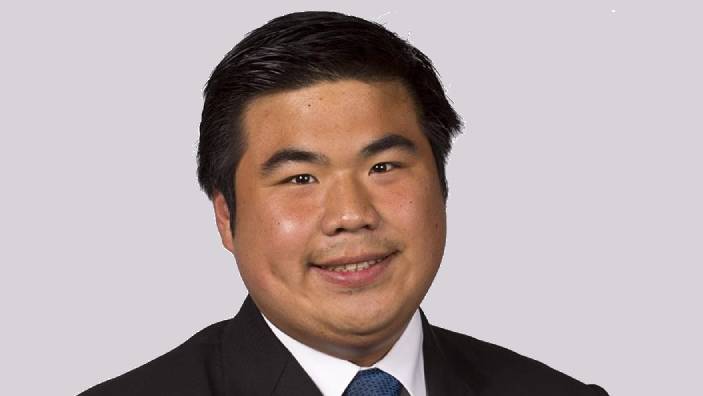About
Name: Nipith Vacharasintopchai
Nationality: Thai
Programme: MFin 2011
Education: Bachelor of Business Administration (Finance), Thammasat University, Thailand
Pre-MFin role: Foreign Exchange Dealer, Bangkok Bank
Current role: Vice President of Rates and Derivatives Trading, Sumitomo Mitsui Banking Corporation

Tell us about your journey to business school
Before the Master of Finance, I had been working as a Foreign Exchange Dealer responsible for corporate banking accounts at Bangkok Bank. During the global financial crisis in 2008, I had a chance to work with the Global Investment Team gathering information and providing updates on the financial market situation. I found the subject fascinating and decided to undertake a qualification in finance.
What made you choose Cambridge?
With 4 years of work experience, I was looking for a post-experience programme. During my research, the Master of Finance at Cambridge was at the top of my list. When I looked at the course structure, I was fascinated by courses such as Credit Derivatives and Behavioural Finance, and the guest speaker series. Also, the University of Cambridge is well-known for its prestige in academic rigour and research – and the MFin blends finance practice and academia.
What stood out about the academic learning experience for you?
I started the MFin in 2011, after the global financial crisis and the financial market ‘big bang’. So the global financial market reform was the key topic in many of our classroom discussions.
There are several highlights that stand out; a speaker from the FSA who gave a lecture on tackling counterparty credit risk; the Derivatives course on IBOR transition; Fixed Income Analysis which looked at sovereign credit risk during the European economic crisis; International Macroeconomics and Finance.
I cannot end without mentioning the Credit Derivatives course which, although very challenging, was one of the most impacting, from understanding CDS, interest rate structure, credit spread, credit link note, to CVA calculation.
Beside my classes at the Business School, the College experience gave me some remarkable memories and experiences, including the opportunity to connect with people from different social and academic backgrounds, outside of finance.
How would you describe the cohort of people in your class?
My friends and classmates from the MFin were extraordinary. We had many discussions both in class and outside the classroom, and on many topics. My classmates actively shared their practical experiences from different areas in finance and the markets, and around the globe. This made the class and learning experience so dynamic. For example, in my cohort we had investment bankers from Asia, Europe and Oceania. We also had money managers from the US, ASEAN and Japan.
How has the MFin influenced your career journey?
I was sponsored by my employer, Bangkok Bank, to pursue my MFin degree. When I finished the course, I returned to the same employer. A few years after completing my MFin I was promoted to be one of the youngest executive level at the bank.
The MFin has broadened my area of finance perspective. Since completing the MFin in 2012, I have worked in several divisions within the bank, including Global Market and Treasury Division, Liquidity Management, FX Spot Trading, Rates and Options Trading and Product Development.
I recently moved to a Japanese bank. In my MFin cohort there were 2 people from Japan, and I have been able to connect with them, which has been invaluable in helping with my transition to this new role.
What would you say to others considering applying to the MFin and Cambridge?
I would definitely recommend the MFin to anyone who wants to pursue a career in finance. The programme provides you with a solid academic knowledge of finance, while giving you a shared pragmatic experience with classmates who come from many areas of finance and beyond.

